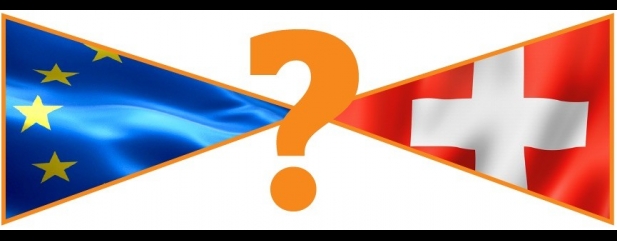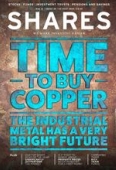Archived article
Please note that tax, investment, pension and ISA rules can change and the information and any views contained in this article may now be inaccurate.
Making sense of the EU-Swiss share trading spat

Investment firms in the EU are no longer allowed to deal shares listed on the Swiss stock exchange directly in Switzerland, prompting Switzerland to ban the trading of shares in Swiss-headquartered firms on EU markets.
The European Commission has decided not to renew an agreement known as ‘equivalence’ so Swiss and EU investors can no longer freely trade across each others’ borders.
The permit was always meant to be temporary while the politicians tried to replace more than 120 bilateral trade agreements covering agriculture, civil aviation and the free movement of people into an over-arching umbrella agreement.
The three most-heavily traded stocks in the Stoxx Europe 600 Index – a benchmark for European shares – are Swiss companies Nestle, Novartis and Roche. In total, the index includes 55 Swiss companies accounting for around 15% of the total value of the index.
According to the European Fund and Asset Management Association, the representative for the European investment industry, about 5,000 EU index funds could face limited liquidity and ‘bad’ pricing because they will not be allowed to trade Swiss shares on established (EU) venues.
In addition, while trading in the larger names is likely to be accommodated by the Zurich exchange and other non-EU venues, that isn’t likely to be the case for dual-listed companies. Two examples are Swiss-Swedish engineer ABB, which is traded in Stockholm, and Paris-listed cement company LafargeHolcim. A lack of liquidity could result in abnormal price swings.
According to analysts at investment bank ING, the Swiss could be deliberately trying to exploit a loophole in the equivalence ruling. It only comes into play when there is ‘significant’ trading volumes of Swiss shares trading on EU exchanges.
By calling the EU’s bluff and removing the need to get the EU’s equivalence status, the Swiss would not be required to fall into line with the EU. An added benefit would see all trading for Swiss-based firms conducted on the Swiss stock exchanges or US exchanges.
With transparency and liquidity in the spotlight, heightened tensions between Switzerland and the EU is an unwelcome development for investors that could weigh heavily on the Swiss economy. It may also provide a sneak preview of some of the financial fallout from the UK leaving the EU without a deal.
Important information:
These articles are provided by Shares magazine which is published by AJ Bell Media, a part of AJ Bell. Shares is not written by AJ Bell.
Shares is provided for your general information and use and is not a personal recommendation to invest. It is not intended to be relied upon by you in making or not making any investment decisions. The investments referred to in these articles will not be suitable for all investors. If in doubt please seek appropriate independent financial advice.
Investors acting on the information in these articles do so at their own risk and AJ Bell Media and its staff do not accept liability for losses suffered by investors as a result of their investment decisions.

 magazine
magazine








